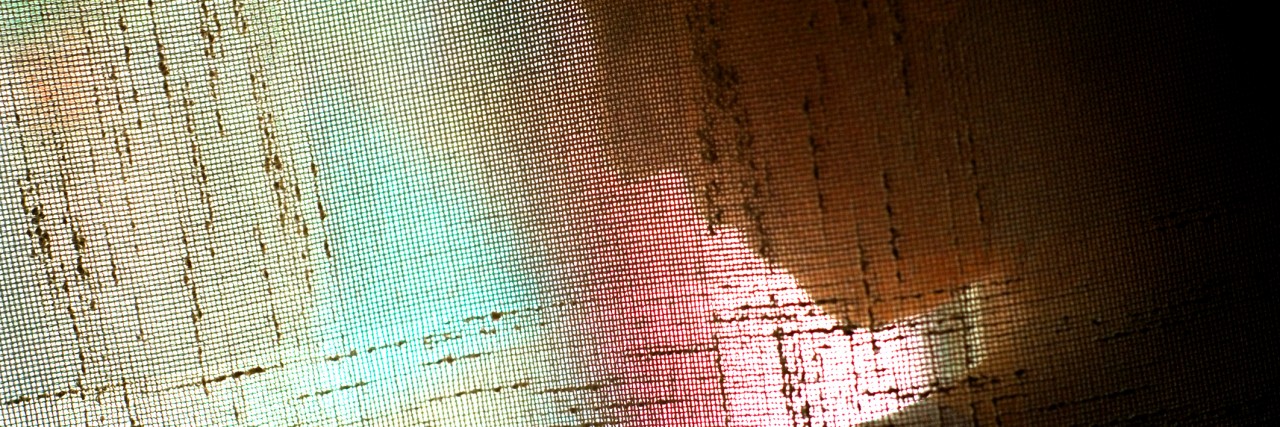The Double Life of a College Student with Borderline Personality Disorder
We have heard and seen the reports that rates of severe cases of anxiety and depression are spiking amongst college students. This is an entirely understandable outcome given how competitive and stressful the climate of college is. While it’s deeply important to discuss feelings of anxiety and depression brought on by the pressures of college, I can’t help but feel somewhat upset these discussions have neglected to bring the experiences of college students living with other chronic mental illnesses to light. This upsets me because I am one of those students. In addition to my diagnoses of attention deficit hyperactivity disorder (ADHD), inattentive type, and generalized anxiety disorder (GAD), I also have one of the most stigmatized and widely misunderstood mental illnesses, known as borderline personality disorder (BPD).
As someone with BPD, I see the world in black and white polarities. It is difficult for me to reconcile two opposing feelings or concepts. Because of this, I struggle to understand how I can be both a successful student and an individual struggling with a relatively debilitating disorder at the same time. This has caused somewhat of a rift in my understanding of where I stand in society and who I am as a person.
On the one hand, I’m a high functioning student. I finished my first year of college with highest honors, and I’ve been selected for competitive positions, such as university ambassador and student assistant to faculty advisors. I even work as a research assistant in a mood and behaviors lab that focuses on non-suicidal self-injury and suicide, two things many people living with BPD would describe as a daily struggle.
On the other hand, I live with a disorder that has a number of crippling effects, such as emotional reactivity and extreme fears of abandonment and rejection, which for me has resulted in years of self-harm and parasuicidal behaviors. As I sit there in my research lab, I often feel like a counterfeit. I wonder if the professor, the graduate students or the other research assistants in the lab can tell I have BPD. I worry they have figured out why I know so much about dialectical behavioral therapy (DBT), the main treatment for BPD, self-injury and suicidal ideation. I think to myself, “You are so stupid for thinking you deserve to be the one working on these studies and not the one participating.”
With every A received on a paper or test, with every day spent working at an open house and giving campus tours and with every invitation to join various majors and honors programs, exists the dreaded and inevitable crash that comes with finishing my day and returning to my dorm room. When the day is over and I have no classes or unfinished homework to distract myself with, I am forced to confront my thoughts. I become enveloped by loneliness, sadness and emptiness. I think about how much happier I would be if I possessed the emotional stability and security to have a functional romantic relationship. I wonder how many more friends I would have if I didn’t constantly operate under the assumption everyone is repelled by me. I worry about my future because if this lonely and isolated life is my reality forever, I’m unsure of how I will survive.
Unfortunately, it is very difficult for me to disclose my experiences to others, specifically friends. Although, I do not hide my general discontent with life from my friends, they do not know the breadth of this discontent. They do not understand when I opt not to go out with them to parties or all-school events, it’s not because I just don’t feel like going. The truth is I am dealing with so much internal pain and chaos that leaving my room and being around people who seem happy and undisturbed by their minds could trigger me.
There are times when I wish they were fully aware of my daily battles, which probably stems from an underlying need to be validated. There is something about BPD that is so perplexing to those who do not suffer from it. Out of a fear of being gravely misunderstood, I keep it a private matter.
Thankfully, I have a very supportive family who has the means to send me to therapy twice a week. I know this is a rare commodity, especially in the BPD community. I am continuously grateful for that. In therapy, I have discussed this feeling of leading a double life to my therapist.
In DBT, you are encouraged to think dialectically. The concept of a double life is highly dichotomous. If I was to think dialectically about my situation, then it would go a little something like this: I am a successful student and I struggle with mental illness. As I continue to cope with my diagnosis of BPD, I must routinely remind myself that this is not a zero sum game, where my credibility as a functioning and high-achieving member of society automatically decreases with each instance of mentally disordered thoughts or actions.
If anyone with BPD is reading this, I want to end by reminding you this disorder is not a guaranteed barrier between you and your hopes for the future, whether it be college or a different venture. You are not a stereotype. You are a person with a beautifully, unique mind, who is capable of achieving whatever it is you set that beautifully, unique mind to.

